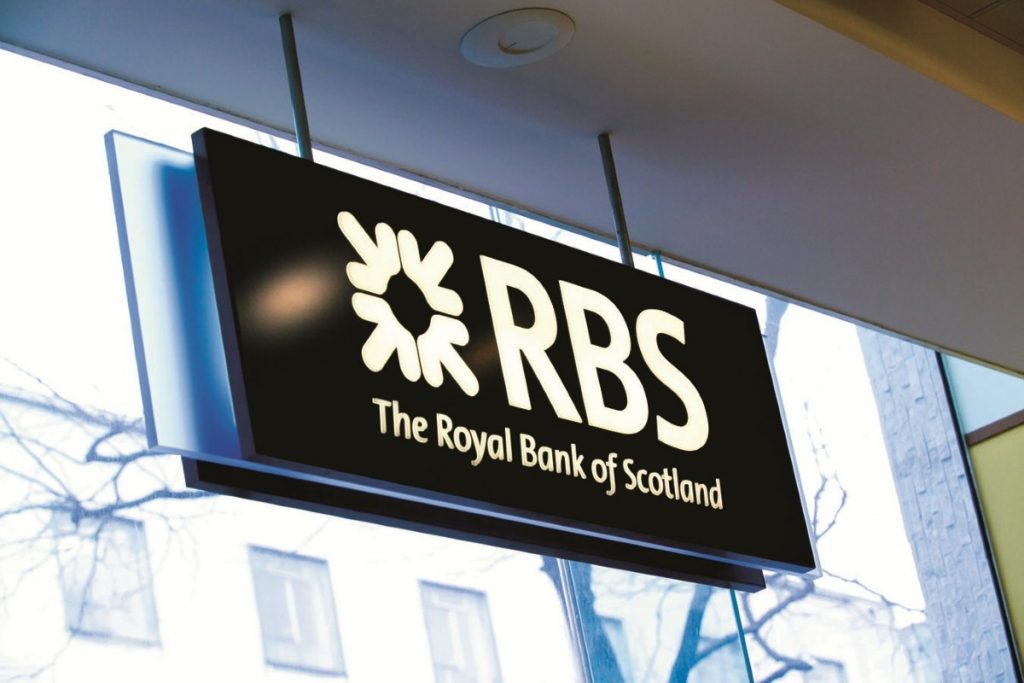Clegg pushes for bank share handout
By Alex Stevenson Follow @alex__stevenson
Nick Clegg has called for shares in Britain's bailed-out banks to be distributed to taxpayers, in a victory for the party's backbenchers.
The Liberal Democrat backbench policy committee covering the Treasury had backed the move in a report published in March.
Three months later, party leader Mr Clegg has written to chancellor George Osborne proposing that the idea be implemented.


The government owns 84% of the Royal Bank of Scotland and 43% of Lloyds, after bailing out the two banks at the height of the global financial crisis.
"Psychologically it is immensely important that the British people feel they have not just been overlooked and ignored," Mr Clegg said.
"Their money has been used to the tune of billions to keep the British banking system on a life-support machine and they have absolutely no say at all in what happens when normality is restored.
"I think, in a sense, as a society we are condemned to take an interest in our banking system."
The idea of a 'floor price' which would prevent the public losing money had been developed by corporate finance advisers Portman Capital.
Taxpayers on the electoral roll would receive the shares but be encouraged to not sell them immediately – because the banks' profitability is set to slowly improve.
"You are giving the Treasury an assurance that they will break even but you are not giving the Treasury the freedom to grab the windfall if there is one," Mr Clegg added.
Under the proposals made in March, an online platform would allow individuals to access information about their shares and conduct transactions.
But many would be expected to opt for automatic trading, in which the shares are gradually sold to maximise their return over an estimated period of two to three years.
Shadow chancellor Ed Balls said the long-term interests of the taxpayer needed to be prioritised over the short-term need for "headlines".
"The government needs to urgently explain what impact this proposal will have on the public finances, what the administration costs are estimated to be, how the scheme would work and what effect it would have on the balance sheets of the bank," he said.









